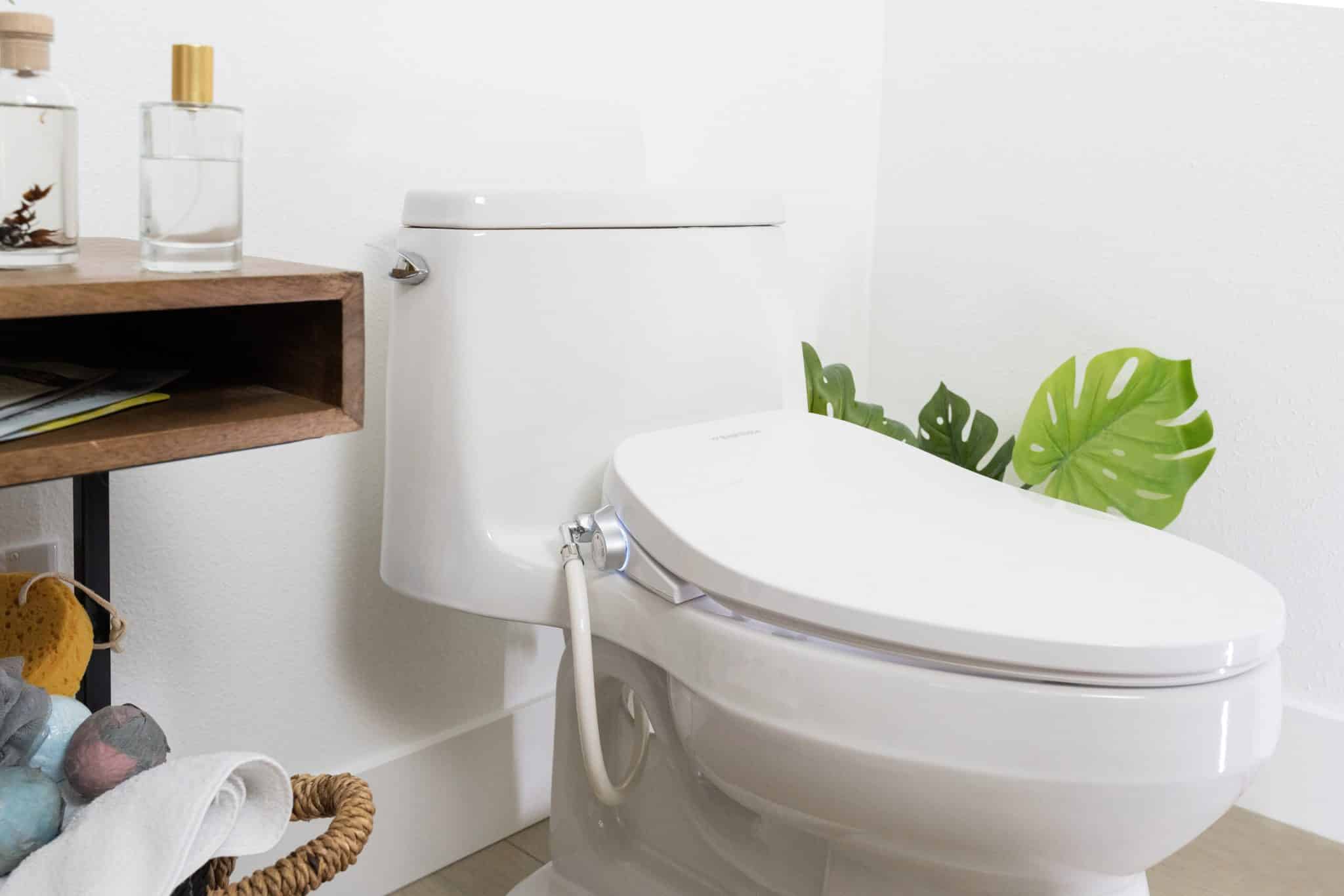How to Train Caregivers for Better Dementia Care
As the senior population grows, there is a corresponding rise in the need for targeted care for dementia. In 2023, spending on the treatment of individuals with Alzheimer’s and related dementias in the United States hit $345 billion, which underlines the deep-seated needs of this population.
Boosting caregiver expertise addresses a critical healthcare demand and markedly improves the living conditions for those struggling with this complex ailment. Essential to this process is the thorough education of caregivers, which prepares them to meet the multifaceted demands of dementia care, ensuring that both patients and their families benefit from compassionate and competent assistance.
Caregivers who undergo extensive training are better equipped to tackle the everyday challenges associated with dementia, leading to superior patient care and increased caregiver satisfaction. To delve deeper into how this training transforms patient care, let’s explore the innovative strategies and real-world impacts of enhanced caregiver education in our next sections.
Understanding Dementia and Its Challenges
Dementia emerges with various symptoms that cause a reduction in memory, logical thinking, and other cognitive abilities. This reduction significantly affects an individual’s ability to execute daily activities.
Caregivers require a deep understanding of the disease’s development, which significantly varies among individuals, to deliver effective support. Being aware of the indicative signs and symptoms at each phase allows caregivers to provide care more adeptly and anticipate the potential challenges each phase might present.
Ongoing Education and Professional Development

Continuing education is vital in the field of dementia care. Caregivers ought to proactively pursue regular training to remain abreast of the most recent caregiving methods and insights. Specialized dementia training programs deliver crucial knowledge and capabilities that significantly enhance the quality of care provided. Such programs typically encompass interactive, hands-on training that spans from foundational dementia concepts to sophisticated caregiving tactics.
Participation in professional development enables caregivers to fulfill the dynamic requirements of their patients while boosting their professional credentials. Regular training not only revitalizes key competencies but also acquaints caregivers with cutting-edge care strategies and tools, ensuring they are thoroughly prepared to manage the complexities of dementia care with efficacy.
Enhancing Communication Techniques
Mastering communication is crucial for those managing dementia care. Caregivers should hone both spoken and unspoken methods to effectively engage with dementia patients. This includes adopting clear, straightforward speech, brief statements, and a soothing voice.
Employing consistent eye contact and gentle physical cues also bolsters the caregiver’s instructions and calms the patient, enriching daily interactions. Improving these communication skills lessens the chance of misunderstandings and eases frustrations, enhancing the caregiving relationship for both involved.
Strategies for Behavioral Management
Behavioral challenges such as restlessness, confrontational behavior, and disorientation are common in dementia patients and can upset both the individual and the caregiver. Caregivers must implement effective tactics that uphold the patient’s respect while managing these issues.
Employing diversions, shifting focus, and keeping a steady routine can alleviate these problems and create a serene atmosphere. Recognizing what sparks these behaviors enables caregivers to intervene proactively, boosting security and stability in the care environment.
Safety and Environment Adaptations
Establishing a safe and accommodating setting is essential for dementia care. Caregivers must modify the living area to minimize hazards and enhance the patient’s capacity to move through their environment securely. This could involve setting up safety locks, clearing potential tripping obstacles, and employing assistive devices for daily activities.
Making the environment as safe as possible prevents accidents and supports the patient in retaining some independence. It is vital to regularly evaluate the living space to pinpoint and address new risks, which is a crucial component of continuous care.
Health Monitoring and Medication Management
Caregivers are essential in supervising the health and medication regimens of dementia patients. Their duties encompass monitoring the patient’s physical health, handling chronic conditions, and ensuring medications are taken as prescribed.
Caregivers must be alert to any signs of illness or adverse reactions to medications, given that patients often struggle to articulate their symptoms clearly. Regularly recording health details and having consistent consultations with medical experts can markedly improve the quality of care provided.
Support Systems and Respite Care
Caregiving, particularly for individuals with dementia, is extremely challenging. It is essential to build a strong support network for both the caregiver and the patient. This involves joining local support groups, integrating professional care services, and accessing respite care opportunities.
This type of support not only assists in distributing the care responsibilities but also supports caregivers in preserving their health. By effectively utilizing these resources, caregivers receive the essential respite and support needed to sustain high-quality care provision.

Conclusion
The significance of a caregiver in dementia care is immense. Proper training and resources enable caregivers to notably elevate the quality of care they deliver to dementia patients. Through ongoing education and professional growth, caregivers improve their capabilities and substantially enhance the quality of life and comfort of those they assist. We must prioritize this dedication to quality care.







